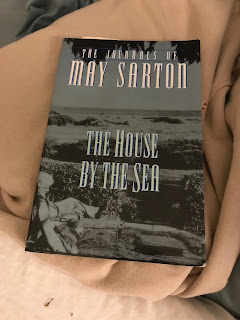“It is our great illusion that life is a property to be owned or an object to be grasped, that people can be managed or manipulated.” Henri Nouwen
I’m a control freak. I recognize this about myself. Everything in its place; everything planned; everything on time, or I’m irritated. I was well into adulthood before I realized other people weren’t usually like me. I’m much more relaxed now than I used to be, but I still function better in an organized space, following a routine. The problem with being a control freak is that you can’t control the people around you, the people you love.
In part two of Henri Nouwen’s Turn My Mourning Into Dancing, he addresses the issue of learning to let go and of realizing how much happier your life will be if you learn to relinquish control. The metaphorical theme he employs in this part is of trapeze artists, noting “Before they can be caught they must let go.” Personally, I cannot imagine letting go of a swing in mid-air and trusting someone else to time the catch correctly enough to save me from a fall. Maybe that’s a good metaphor for why I am single, because Nouwen goes on to quote CS Lewis’s observation, “To love at all is to be vulnerable.” And I suck at being vulnerable. It’s not in my nature. Vulnerability implies giving over control, and well, we’ve already determined I’m a control freak.
Nouwen asserts that life, love, the journey, all of it, is not about our ability to choreograph every step, but about our willingness to let it drag us along, sometimes kicking and screaming, sometimes laughing and reveling, to ends and destinations we can’t foresee. When we try to assert our will over our lives, we are also trying to assert our will over those around us, with no regard for what they might want or need. The truth is that we are all self-centered; we all want what we want. The question is can we let go enough to love what we get and let go of what we think we want? It’s so hard not to be afraid of the unknown. It’s so hard not to try to control and organize everything, but we’ll never find out what waits for us if we don’t learn to let go of the known and accept the unknown. Live outside your comfort zone; try something new. Be afraid; it's ok. You'll be amazed what your life can become.













